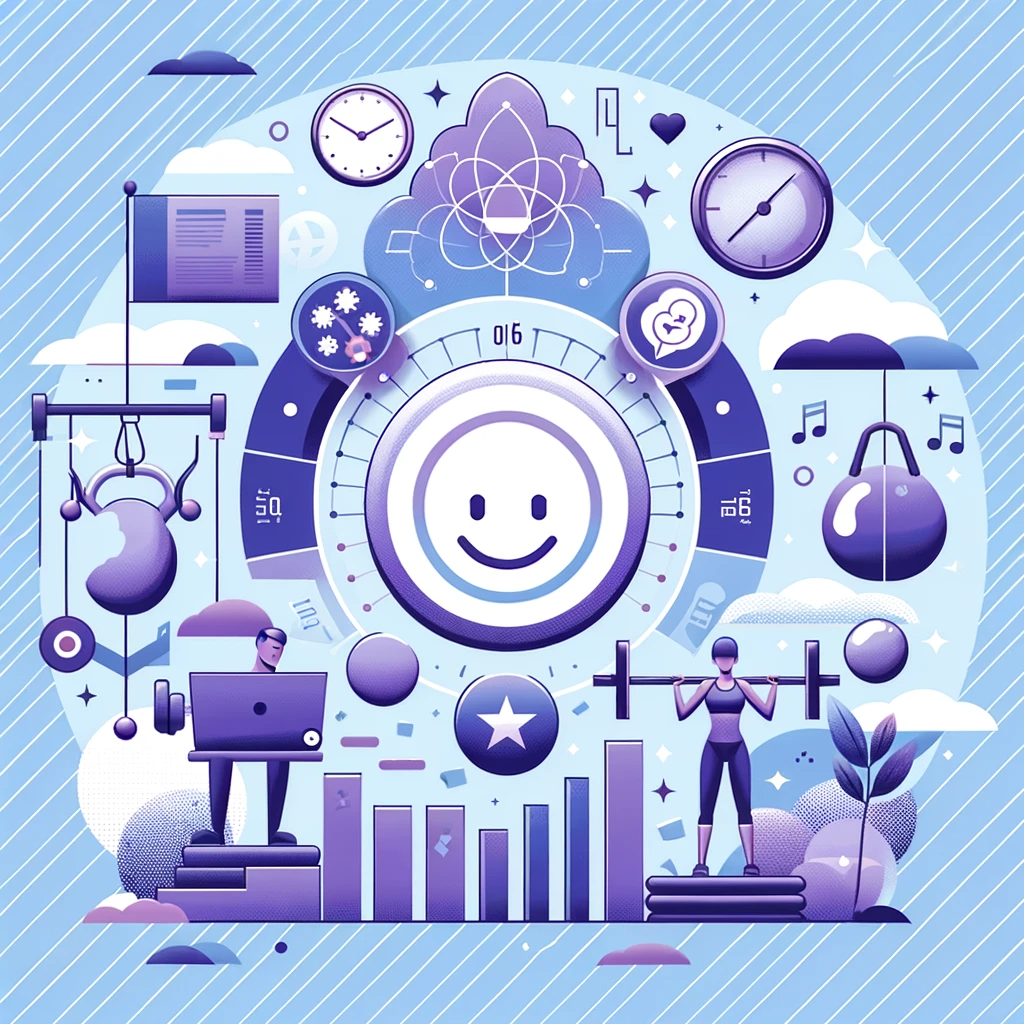Modern HR Practices: Championing Diversity and Inclusion for a Competitive Edge
In today’s globalized workforce, diversity and inclusion (D&I) are more than just buzzwords—they are integral to modern HR practices that drive innovation and business success. Understanding and implementing effective D&I strategies are vital for creating a workplace environment that promotes equality, harnesses a diverse range of talents, and reflects the rich dimensions of the modern world. This blog post explores how modern HR practices can effectively navigate diversity and inclusion initiatives.
Modern HR Practices: Cultivating an Inclusive Culture
An inclusive culture is the cornerstone of effective D&I strategies. Modern HR practices focus on creating environments where all employees feel valued and respected regardless of their background, identity, or personal experiences. Initiatives can include developing policies that promote inclusivity, such as flexible religious holidays or support for LGBTQ+ employees. HR plays a pivotal role in training all levels of staff on unconscious bias and cultural competence to ensure a deep-rooted, inclusive culture.
Implementing Structured Recruitment Processes
To enhance diversity within the workforce, HR must deploy structured recruitment processes that aim to eliminate biases and promote equity. This involves standardizing interviews and utilizing diverse hiring panels. Modern HR tools and technologies, like AI-driven analytics, can help screen candidates based on skills and experiences rather than background or personal identifiers, thus supporting a more diverse candidate selection process.

Modern HR Practices: Fostering Employee Resource Groups
Employee Resource Groups (ERGs) are voluntary, employee-led groups that provide support, advocacy, and education about different cultural or identity groups. Modern HR practices encourage the formation of ERGs as they are instrumental in promoting workplace diversity and inclusion. These groups offer a platform for voices from underrepresented groups to be heard and can inform senior management about specific issues that require attention, making the workplace more accommodating for everyone.
Modern HR Practices: Conducting Continuous Evaluation
Continuous evaluation of D&I initiatives is crucial. This means regularly assessing workplace diversity metrics, employee surveys, and feedback mechanisms to understand the effectiveness of current D&I strategies and identify areas for improvement. Modern HR practices leverage data analytics to track diversity metrics and assess the impact of specific D&I initiatives, ensuring that these strategies contribute positively to the organizational culture and employee satisfaction.
Conclusion: The Strategic Importance of D&I in Modern HR
Navigating diversity and inclusion is not just about meeting quotas or being politically correct; it’s about recognizing and leveraging diversity as a strategic advantage. By embedding D&I into the core of HR functions, businesses can foster a more creative, innovative, and competitive workforce. Modern HR practices that prioritize D&I are paving the way for more dynamic, inclusive, and successful organizations.
Embracing D&I within modern HR practices not only helps in building a positive workplace culture but also aligns with broader business goals of innovation and growth. As we move forward, the role of HR in fostering an inclusive and diverse environment will increasingly be seen as a linchpin of organizational success.
Discover how to build a resilient future for your organization by integrating powerful data analytics into your HR practices, detailed in our post, “Modern HR Practices: Building a Resilient Future with Powerful Data Analytics.”








